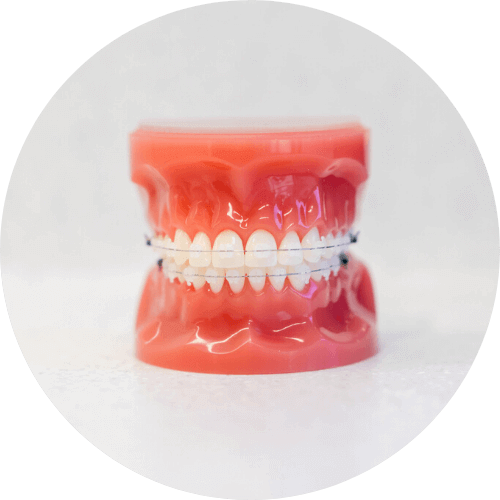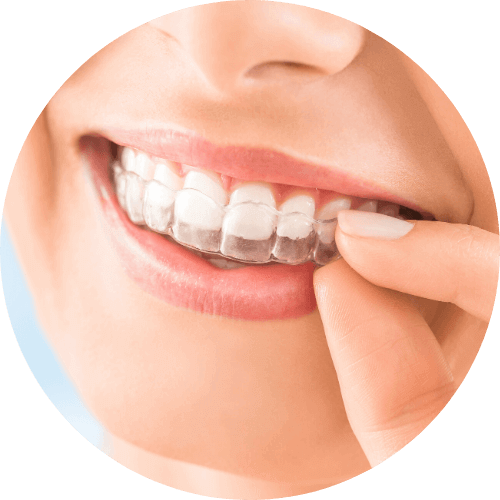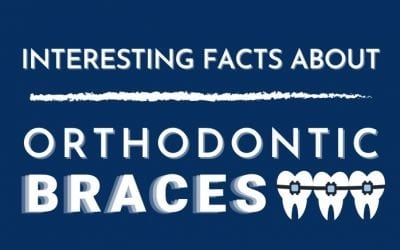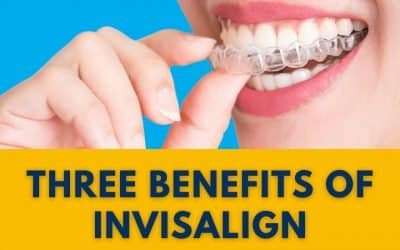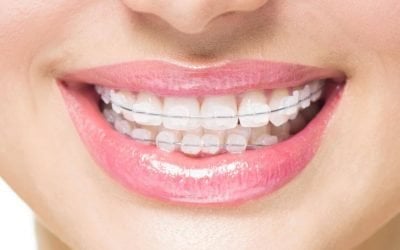Everything You Need to Know About Wearing a Mouth Guard With Braces
Undergoing orthodontic treatment and getting braces can be a big transition in the life of a tween or teenager. Becoming accustomed to having foreign objects on your teeth, the added cleaning and care requirements, and the occasional discomfort of adjustments can all take some getting used to.
If you are active in sports, your life should not change if you need to have braces.
What is a mouth guard?
A mouthguard is a cushioning appliance made of flexible material that fits snugly over the teeth to help prevent injuries to the teeth and mouth. An effective mouthguard is like a ‘crash helmet’ for teeth and jaws. It also prevents the jaws coming together fully, thereby reducing the risk of jaw joint injuries and concussion.
An orthodontic mouthguard needs to fit well and be reformable, so it can be re-shaped to fit your teeth as the braces guide them into a new position. Mouth guards made with gel fillings are not suitable for use when undergoing orthodontic work.
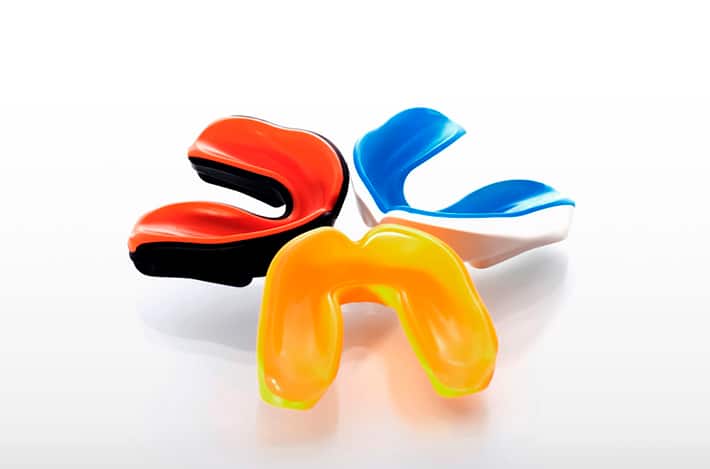
Why are mouth guards important when wearing braces?
Injuries to the teeth, mouth and jaws are some of the most common injuries that occur on the sporting field. Ironically, the presence of braces may prevent the displacement or loss of teeth should a significant facial/mouth injury occur. However, for more ‘common’ sporting injuries, the use of a mouthguard when having braces can protect your teeth from the impact of the injury itself and will protect your lips, cheeks and tongue from mouth lacerations, if you are hit by a ball, bat or another player.
The use of a mouth guard can also prevent damage to the brackets from a blow to the face as it provides a barrier between the braces and cheek or lips.
When do you need a special mouthguard for braces?
Can you believe that only one third of children aged 5-17 wear a mouthguard while playing sport? Mouth guards are one of the most important pieces of protective equipment as they will protect your teeth and jaws while you are on the field. The rule of thumb is that you should use a mouthguard when in braces for any activity that you would normally need to wear a mouthguard for.
- Mouth guards are important when playing contact sports such as football, volleyball, soccer, basketball and hockey.
- A double mouthguard may be required on your top and bottom teeth when wrestling or participating in martial arts.
- Mouth guards are also recommended if you are engaging in non-contact or recreational activities such as skateboarding, mountain biking, rollerblading, or horse riding.

What are the advantages of using a mouthguard?
A mouthguard can help cushion a strong blow to the face that otherwise might result in a severe injury to the mouth and joints. It acts as a shock absorber protecting the teeth and lower jaw from potentially breaking and prevents you from accidentally biting your lips, tongue or cheeks. A misdirected elbow in a one-on-one basketball game or a fall off a skateboard can leave you with chipped or broken teeth, nerve damage to a tooth or even tooth loss.
Can you wear a mouth guard over braces?
Yes, you can wear a mouth guard over braces. The mouth-guards will be custom made to fit the mould of your braces and brackets for maximum comfort and protection. They are made of medical grade silicon and will adapt to changes in the mouth structure as teeth adjust, making them a worthwhile investment in your smile while wearing braces.
How to use a mouth guard with braces?
- The first step is talking to your orthodontist about getting a mouth guard for use while wearing braces
- Once you receive your mouth guard, your orthodontist will fit it to your braces.
- The guard is remoldable which means you can get it refitted at your orthodontic appointments. This means it will be comfortable in your mouth, even when your teeth move throughout your orthodontic journey.
- Insert the custom made mouthguard into your mouth while doing physical activity
- Always remove your mouth guard carefully around your braces to avoid complications
What are other orthodontic treatment options
The type of orthodontic treatment your child is undergoing will also play a part in helping your orthodontist to fit an appropriate sports mouthguard. While traditional braces tend to be the most popular and effective method of straightening teeth, there are other options that may be more suitable for your child, such as removable plates or clear aligners.
If your child has a removable retainer or other removable appliance, they should not wear it during any contact sports, but must still wear an appropriate kids mouthguard to protect their smile.
While your orthodontist may be able to assist in providing a customized mouthguard to suit the needs of your teeth during your orthodontic treatment, this will not be included in the cost of your braces. If deemed suitable, a generic remouldable off-the-shelf braces mouthguard may need to be purchased from an external retailer following the advice of your orthodontist.
Talk to your orthodontist about selecting a mouthguard that is best for you.
For more information about looking after your braces, take a look at our Kids and Orthodontics eBook.
If you think your child needs orthodontic treatment, do not hesitate to give us a call at (02) 8073 9275 to make an appointment or click here.
To read the original article, click here.
DISCLAIMER:
The content has been made available for informational and educational purposes only. Central Coast Orthodontics does not make any representation or warranties with respect to the accuracy, applicability, fitness, or completeness of the content.
The content is not intended to be a substitute for professional personal diagnosis or treatment. Always seek the advice of your dentist or another qualified health provider with any questions you may have regarding a dental or medical condition. Never disregard professional advice or delay seeking it because of something you have read or seen on the Site.
Learn More About
Related Articles
Interesting Facts About Orthodontic Braces
Wanting to get orthodontic braces but feeling unsure because you don't have knowledge about its...
Three Benefits of Invisalign
Did you know that aside from being an option for straightening your teeth, there are also benefits...
Metal Braces: Does This Traditional Dental Technology Have a Future?
Of all the medical professions, dentistry has always generated the most fear and continues to;...
Ceramic Braces: Ancient Origins, Bright Future?
What exactly is ceramic? Essential to daily life and classified as inorganic and non-metallic...

